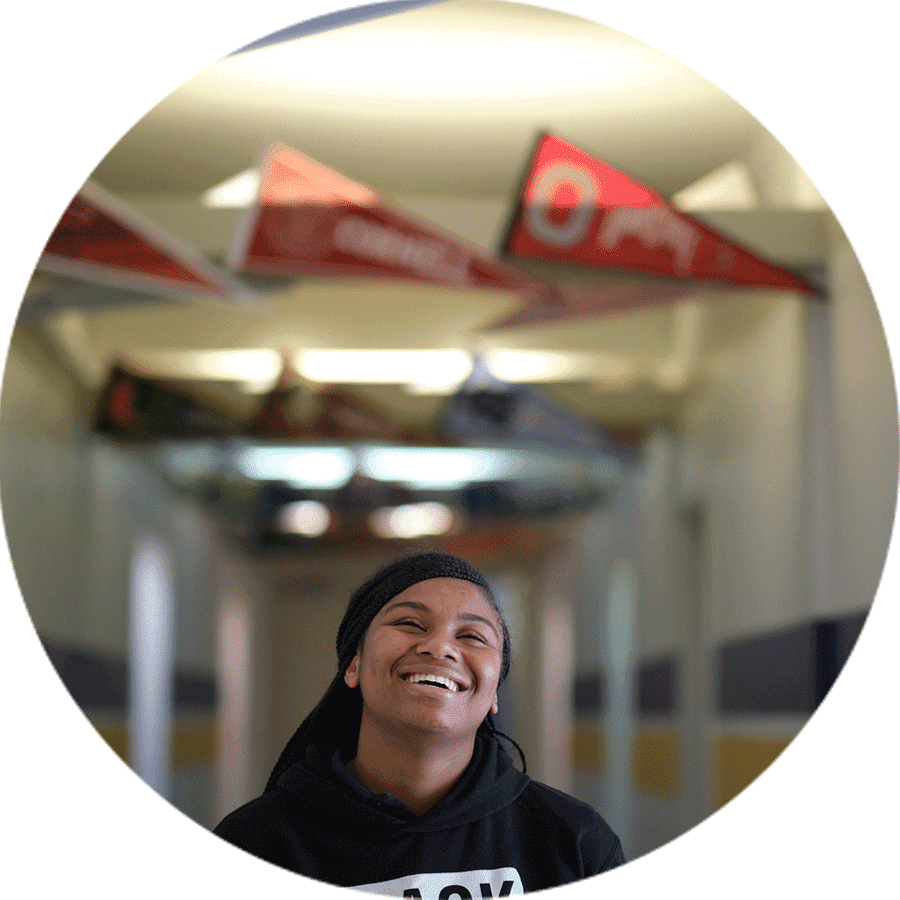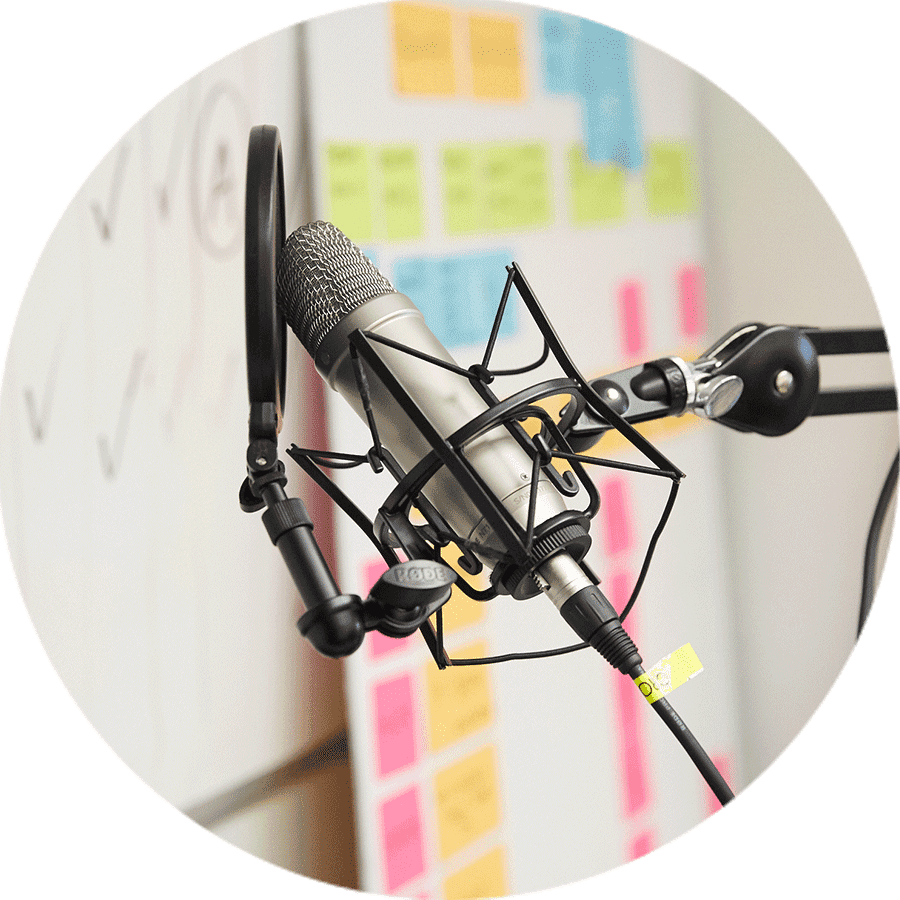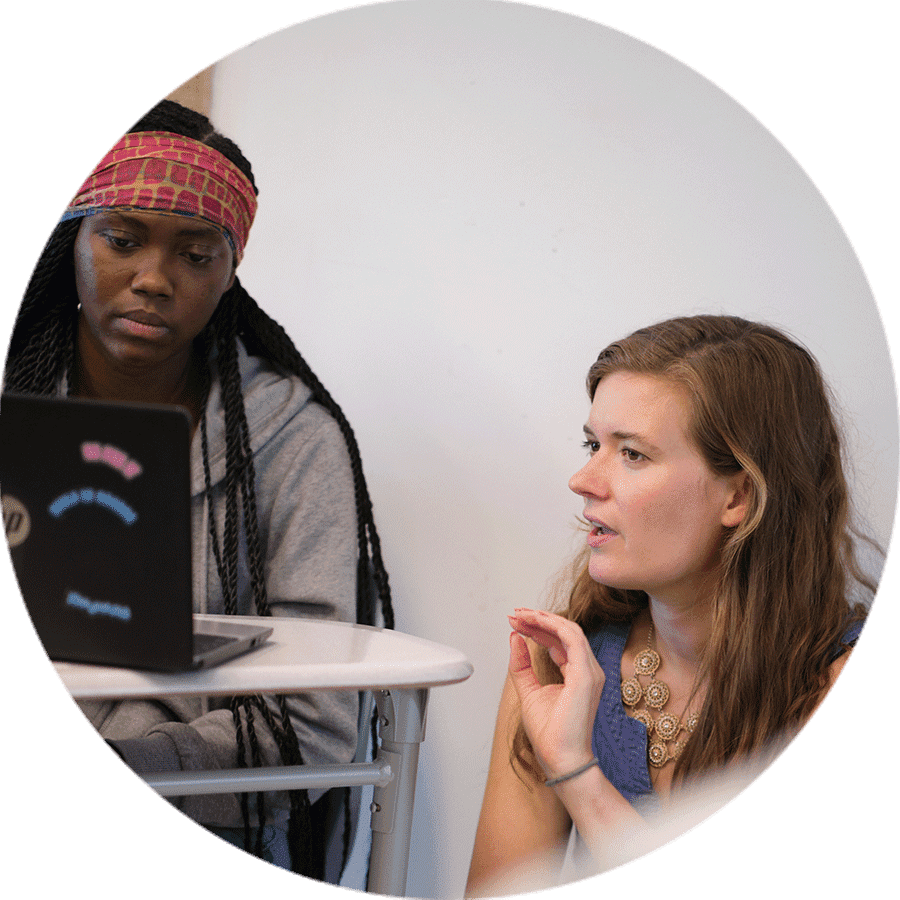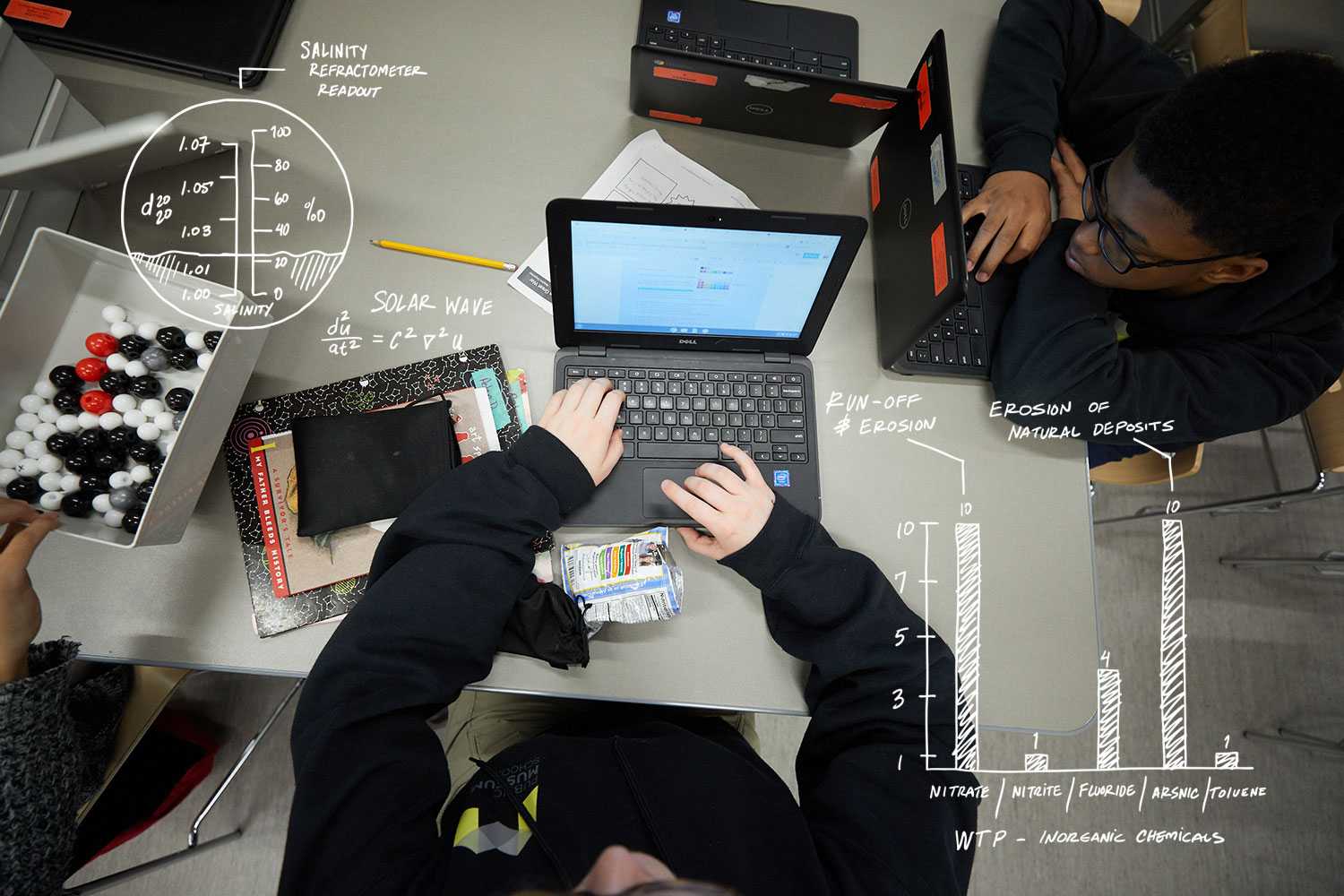1. Student learning is not bound by the walls of the school.
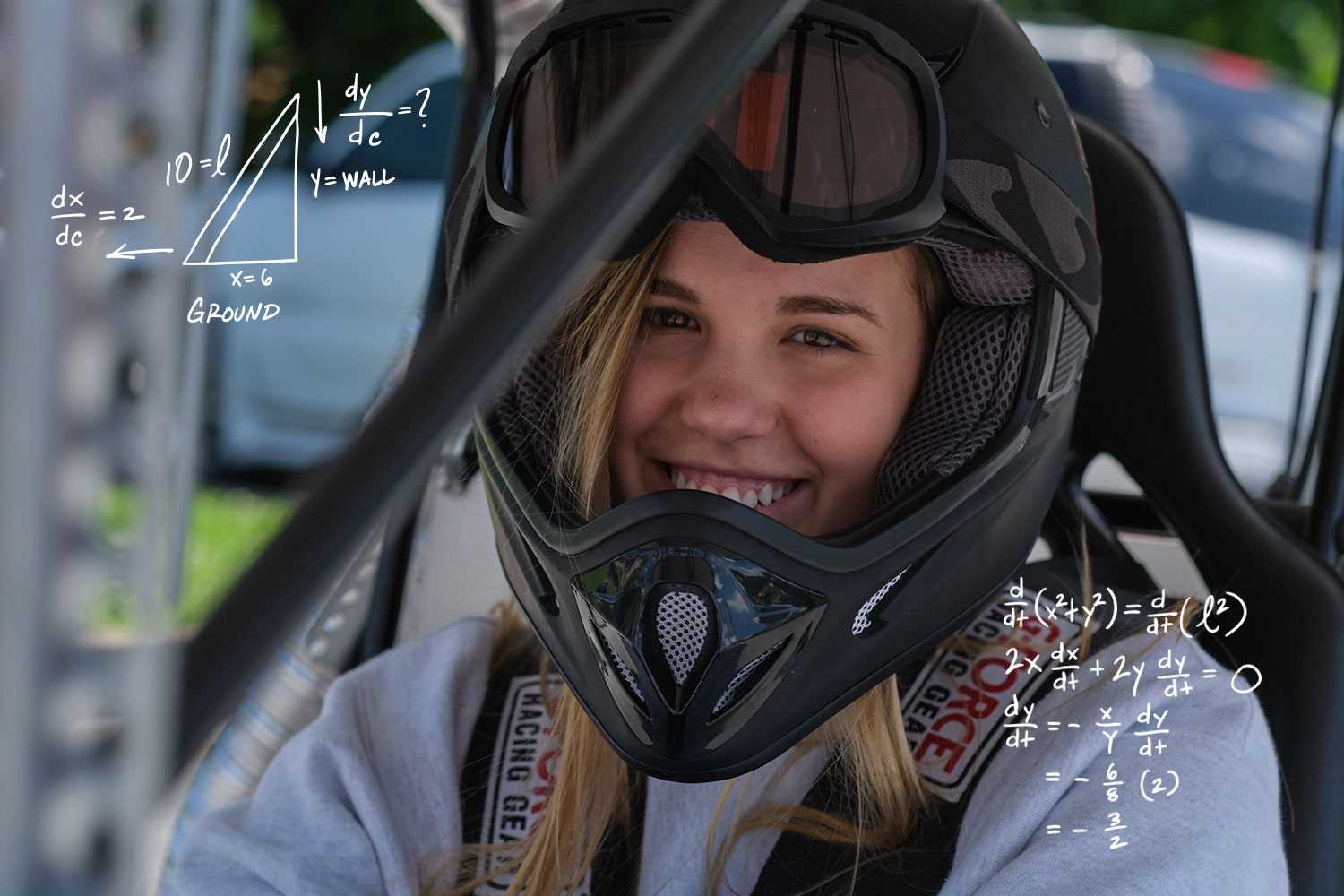
Learning can thrive in the most unexpected environments.
Fact:
86% of teenagers say that getting to know an adult who works in science or technology would be a helpful opportunity.
Source: Amgen Foundation
Meaningful educational experiences can occur in almost any setting. Students can learn a lot from adults who are not teachers in the traditional sense, but are committed to working with and sharing their expertise with young people.
Students in an entrepreneurship class at Elizabethton High School in Tennessee, for example, get personal coaching on how to develop their product ideas from local business leaders. In New York City, the ExpandED’s Options program places teenagers in afterschool and weekend apprenticeships at community organizations, where they earn academic credit and gain experience that can lead to summer jobs. College Track uses volunteer professionals in a different way: in nine communities across America, they train volunteers to give young people from underserved communities the academic support, leadership training, and financial advice they need to attend and graduate college.
It’s clear that school boundaries are becoming more porous and expanding beyond the physical classroom to the local community and virtual spaces. Valuable partnerships can be built with colleges, science and arts organizations, youth development agencies, and businesses. By redefining where teaching and learning can take place, schools can open up new opportunities for all young people.
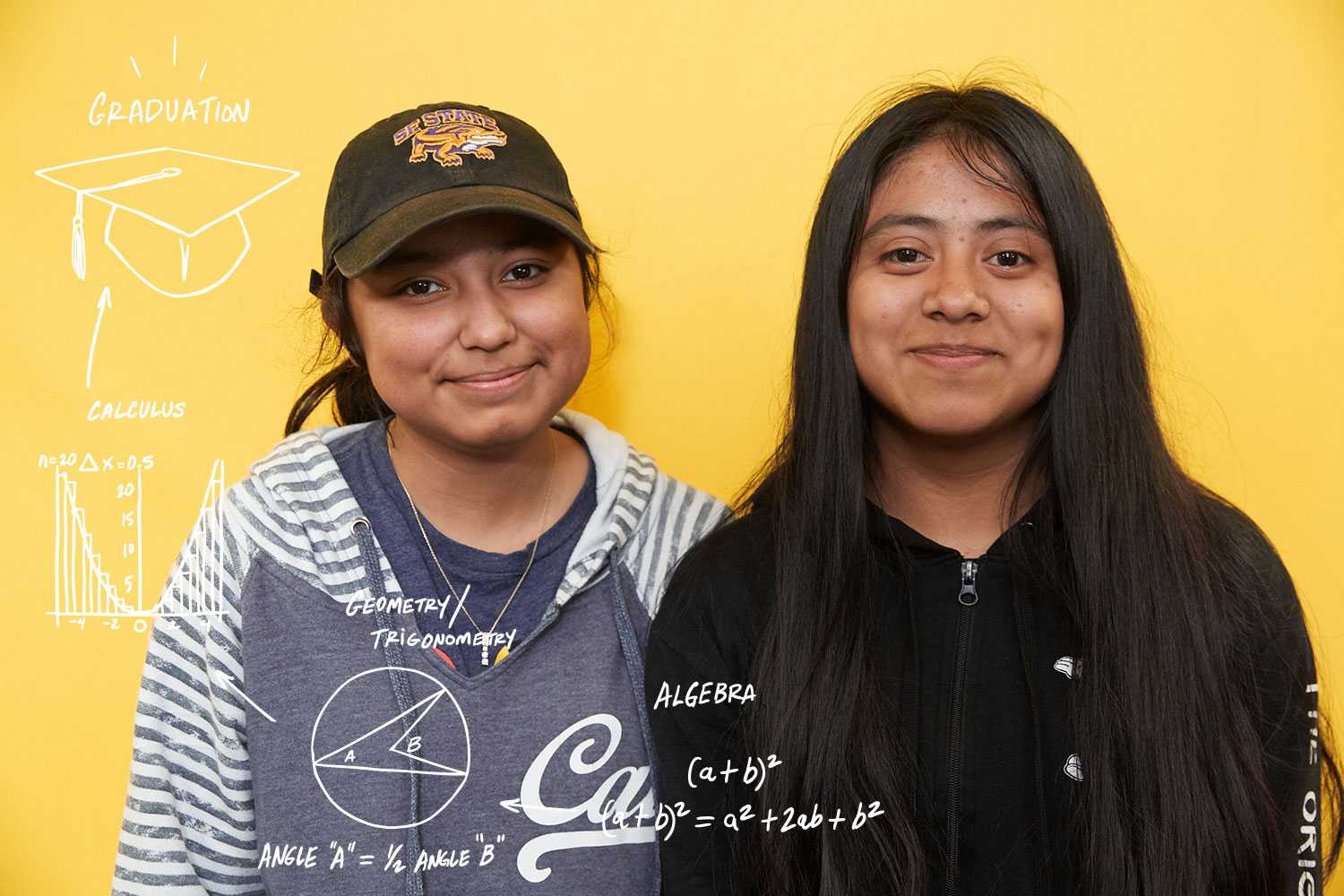
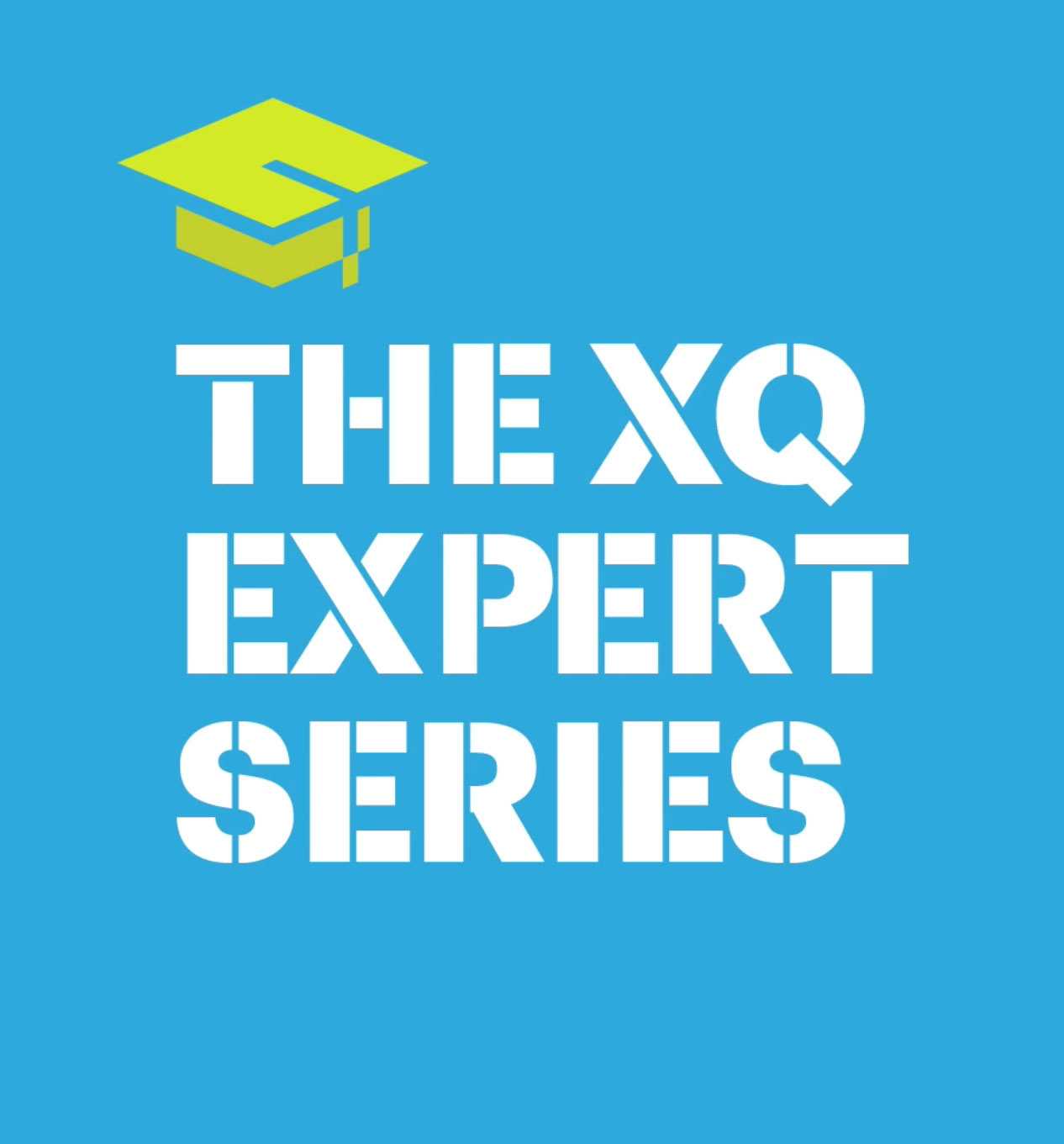
Networks and Partnerships
Dive Deep
![students in a group]() Community Career Apprenticeships
Community Career ApprenticeshipsIn New York City, high school apprentices in the ExpandEd Options program earn academic credit and learn skills that set them up for paid summer jobs.
Explore![student smiling]() College Track
College TrackFor many students, a parent can help navigate the path after high school. But what about kids whose parents never went to college? College Track provides an answer.
Explore![a microphone]() Tips for Internships
Tips for InternshipsLeaders from two XQ schools share their tips for creating the perfect high school internship program.
Read![student and teacher]() Elements of Effective Mentoring
Elements of Effective MentoringInterested in starting a mentoring program? MENTOR offers guidance on how to do it right—including tips on how to create and manage a virtual mentoring program.
Explore
Analyze
Taking stock of potential opportunities for partnerships is a key first step in building new and exciting learning experiences for students.
Step 1 – Research
Research local organizations, businesses, or government agencies that could provide learning opportunities for your students. Might virtual partnerships be possible with organizations beyond your community? Ask students, family, friends, and community members for ideas. Be sure to explore a wide range of organizations, including those that reflect students’ own neighborhoods and cultures.
Step 2 – Reflect
Share findings with your team and discuss these questions:
- What ideas stand out to you? What sorts of learning experiences might these partners offer? How would those experiences connect with the core mission and identity of your school?
- Create a list of 5-6 partnership ideas that seem especially promising.

